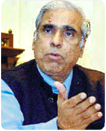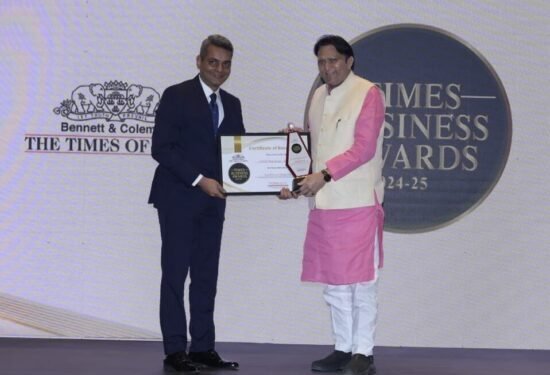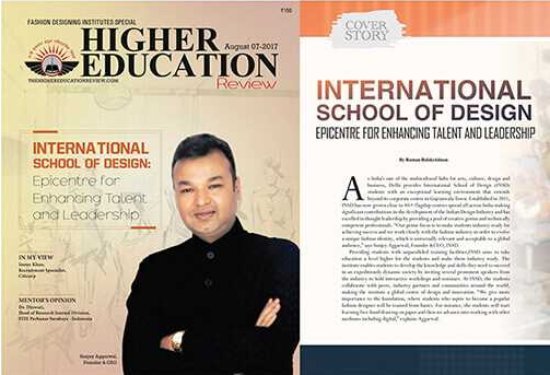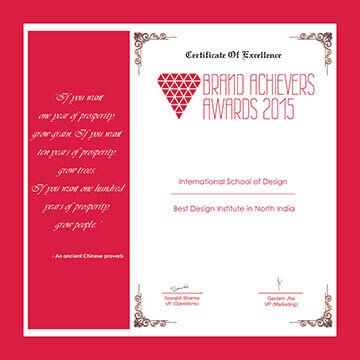
Next Steps
Every journey begins with a single step, yours starts here!
Fill Admission Form
click/tap for details
Check Eligibility & Seat Availability
click/tap for details
Confirm Admission
click/tap for details
Testimonials
I am from New Delhi, India. I’m pursuing interior designing from International school of designing corporate branch, New Delhi. Class of 2016. I am a design student from past 3 years. I’m very passionate about designing and I choose this as my career because I want to be an interior designer. I like designing furniture, house plans and many more. INSD is helping me in giving me valuable knowledge in designing. They have the best faculty, good ambience, modern infrastructure everything which is much needed for a design student. They give a platform to show case my own designs at Exhibitions. My favorite classes were where I learned about the different types of perspectives of designing and I enjoyed every class because it gave me a valuable knowledge. Overall it’s an amazing experience here at INSD

Student, Bachelors Programme in ID, Class of 2016
I feel proud to be INSDian! It has been a great experience till date. Joining INSD was far one of my best choice I have ever made. Great Opportunities and exposure to all the students come naturally here. the faculties are very friendly which makes learning and enjoyable experience. A teacher is a person who always helps to get knowledge and always stands besides the students when and then required. I take this opportunity to thank my Mentor Megha maam with deep respect and gratitude..!! You are everything one could look for in a good mentor. You groomed us to sound prefessionals and made working with you an interesting and memorable experience. I will always be grateful to you for your support and kindness. THANK YOU!!!!

Student of Fashion Styling
INSD College was the first college I have searched for joining and impressed by it’s outlook. After joining I had supportive mentor and faculties, beautiful campus, quality education, real world experience, and amazing friends. Learning at INSD bought an added value to my life. It gave me an opportunity to meet different kind of people and learn number of things. I would like to thank to our mentor Megha maam for putting in all the efforts to groom us and make us professionals. She is always there to give an unbiased opinion. She gives me perspective and sometimes makes me think about things in a different light. It’s great to have someone giving me advice who has made something of their career because you can draw from their experiences. It was a wonderful experience at INSD.

Student of Fashion Styling
A long career in the fashion industry and heading NIFT for many years, has given me a natural insight into the fashion world. I decided too associate myself with INSD as I found the institute to be truely international, in terms of values, dedication, courses, faculty, coaching and enrolment. I believe in INSD and look forward to a long and fruitfuly relationship with INSD”.s.

Director & Director General - NIFT
INSD in the Spotlight






At INSD Ahmedabad, we help students become successful designers through practical training and quality education
Frequently Asked Questions
The admission process may involve a combination of entrance exam, such as the Design Aptitude Test (DAT), portfolio review and personal interview. Don’t hesitate to reach out and schedule a complimentary counseling session for more information.
A design course is an academic program offered by a design college that focuses on various aspects of design education, including theory and practical applications. Programs may include bachelor of design (B.Des), bachelor of vocation (B.Voc), master’s degrees, and specialized courses in areas like fashion design, graphic design, and interior design.
The Design Aptitude Test (DAT) is crucial for admission. It assesses the creativity, analytical ability, and understanding of design concepts among applicants, helping us to find the best fit programs. We can take into account your score from a top design institution like NID or UID.
Design education offers various specializations, including but not limited to product design, fashion design technology, interior architecture design, spatial experience design, and mobility design. Each specialization is tailored to equip students with specific skills for the design industry.
The B.Des program curriculum typically includes foundational courses in design principles, specialized courses in areas like Fashion Design, Interior Design, and graphics Design, along with project-based learning, workshops, and collaboration with industry professionals.
Collaboration is a key aspect of design courses, as it encourages students to work together on projects, share ideas, and develop teamwork skills. Many programs incorporate group projects and experiential learning opportunities that enhance collaborative efforts.
Graduates from INSD Ahmedabad can pursue diverse career paths in the design industry, including roles in graphic design, fashion design, interior design, visual communication, and design management. Many students also choose to start their own design ventures or work as freelancers. With INSD Ahmedabad’s strong industry connections and global reach, graduates benefit from international internship placements and job opportunities, gaining valuable global experience to excel in the competitive design world.
Experiential design focuses on creating engaging experiences for users, whether through physical spaces or digital platforms. It is essential in today’s design industry as it enhances user interaction and satisfaction, making it a critical area of study in design courses.
Fees vary depending on the program. To get detailed information on program fees, eligibility criteria, and any available scholarships or offers, book a free 1:1 counselling session with our team. We’re here to help you explore your options and achieve your goals!
Have Another Question?
Fill in the details and our admissions team will contact you regarding your queries













